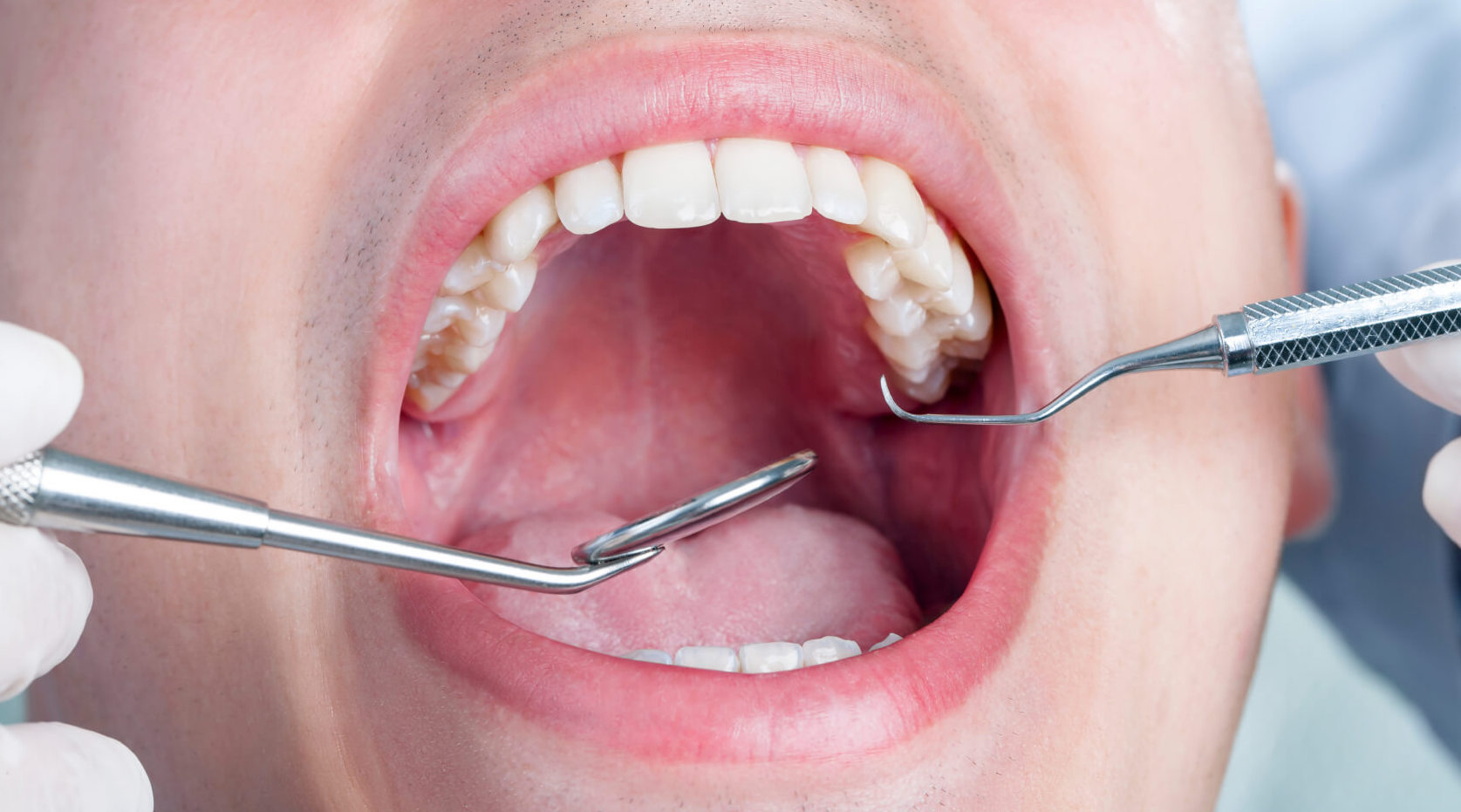Wisdom teeth, are the last teeth of the permanent dentition, which are found 2 in each jaw and appear in the mouth between the ages of 17 and 23. Many times the specific teeth create problems, either by causing pain during their eruption, or complications when they are in an ectopic (wrong) eruption position. This usually happens because they do not find a place to rise and so they remain enclosed or semi-enclosed.
Wisdom teeth can cause problems such as:
- Pericoronitis, a gum inflammation. When the tooth is partially erupted, under the gum cover of the tooth, bacteria can enter and cause inflammation in the gums surrounding the wisdom tooth.
- Tooth Decay. Especially in wisdom teeth that have partially erupted and are not easily cleaned, cavities can form in the wisdom tooth as well as in the adjacent teeth, which are caused by the bacteria contained in the dental plaque.
- Cyst formation, around an entrapped wisdom tooth, which can destroy adjacent teeth, nerves, jawbone and other anatomical elements.
- The creation of crowding and destruction of the structure of other teeth. In this case, good cleaning of the wisdom teeth is difficult, so the teeth can start to decay prematurely or unevenly.
In addition to tooth crowding, wisdom teeth are often responsible for the recurrence of previous orthodontic treatment. The presence of impacted wisdom teeth, which is one of the factors that create pressure on the teeth, results in the loss of the results of an orthodontic treatment.
For this reason, most orthodontists recommend the extraction of impacted wisdom teeth in children and adolescents after the end of each orthodontic treatment and in some cases, even at the beginning. The extraction of wisdom teeth requires surgery, which is performed by specialised surgeons, periodontists or maxillofacial surgeons. In general, wisdom teeth that are not diseased and are in a healthy environment do not need to be removed, while the embedded or semi-embedded ones that do not participate in chewing, even if they do not cause any problem, it is good to have them extracted.
Finally, because the problems in the third molars develop gradually, whether they show symptoms or not, the best method of avoiding them is regular visits to the dentist/orthodontist for clinical and radiographic control of the oral cavity. At Great Smile orthodontic clinic we have the experience and the knowledge in order to solve every orthodontic problem!

